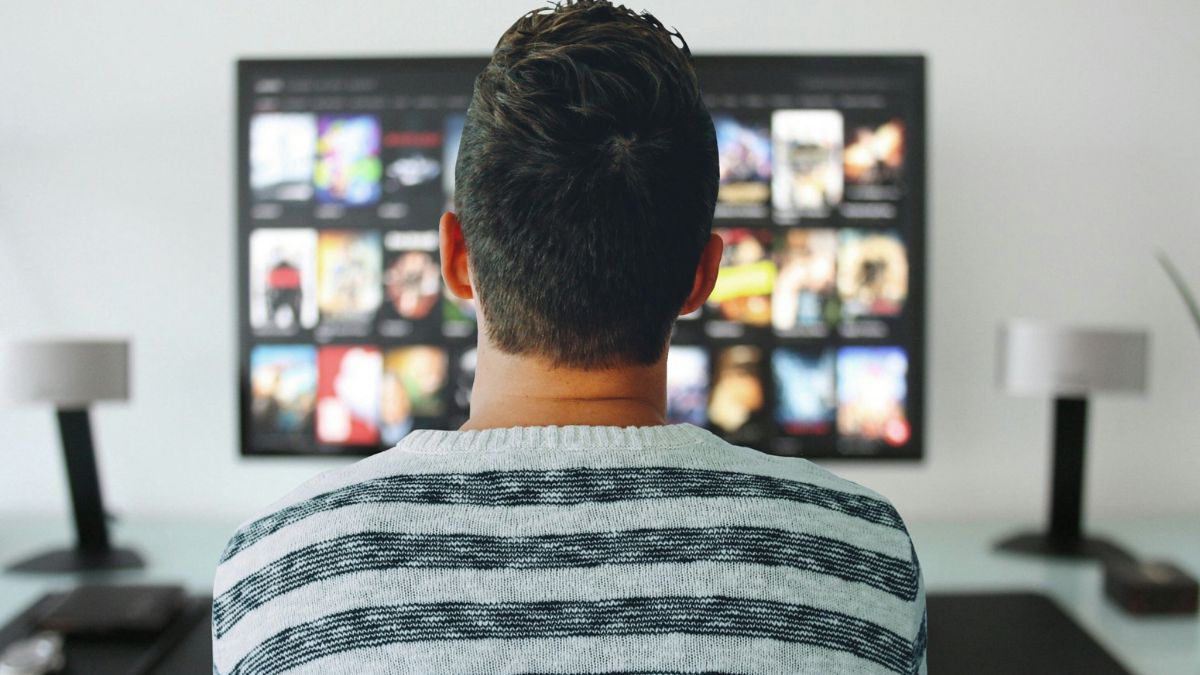It may seem like the ideal way to slow down for many people is to curl up at the end of the day and binge-watch the latest TV show.
But it’s not as good for your sleep as you would believe.
A team of Chinese researchers has shown that nocturia affects a significant portion of binge watchers. Their findings were published in the journal Neurourology and Urodynamics.
Here’s all we know about it.
What is nocturia?
Also known as nocturnal polyuria, it is a medical term for “excessive urination at night,” as per Healthline.
It says, “Nighttime urination is likely excessive if one gets up to use the bathroom twice a night or more.”
According to the Cleaveland Clinic, drinking too much fluid before bedtime, medications that contain a diuretic, reduced bladder capacity, habits, or routines are some of the causes of nocturia.
Other health conditions that can require you to wake up to pee at night include diabetes, high blood pressure, benign prostatic hyperplasia or prostate obstruction, heart disease or congestive heart failure, pelvic organ prolapse, pregnancy or menopause, restless legs syndrome, and oedema.
What does the study say?
With a focus on responses gathered between 2011 and 2016, the researchers examined data from the National Health and Nutrition Examination Survey conducted in the US. Age, sex, BMI, ethnicity, level of education, and the presence or absence of diabetes were among the variables taken into account.
Impact Shorts
More ShortsThe researchers discovered that 32 per cent of the 13,294 participants, who were at least 20 years old, said they had nocturia.
The results showed that people who watched TV or videos for five hours or more a day had a 48 per cent higher chance of developing the condition than people who watched for less than an hour.
The researchers wrote, “To our understanding, this study represents the first exploration of the correlation between TV and/or video viewing time and nocturia.”
What’s the link between binge-watching and nocturia?
Although the exact link between prolonged TV watching and nocturia remains unclear, the researchers offered several plausible hypotheses.
They pointed out that extended TV-watching sessions have been linked to a higher chance of type 2 diabetes, which is a risk factor for nocturia.
Furthermore, fluid retention in the legs as a result of sedentary behaviour related to TV watching may exacerbate the nocturnal situation.
They also note that viewing television frequently corresponds with consuming more fluids.
“Moreover, TV watching typically aligns with beverage consumption, leading to an elevated fluid intake,” they write, adding that among other possibilities prolonged TV viewing may lead to neurological disorders that could trigger bladder dysfunction, and that TV watching may affect sleep duration or quality.
“And a decrease in sleep quality is closely linked to experiencing nocturia,” they write.
The study’s limitations are its dependence on self-reported data regarding TV-viewing habits and its inability to establish a cause-and-effect link. Nevertheless, the researchers recommend that medical professionals inform patients about the potential health risks associated with prolonged TV watching.
“Increasing public awareness of this potential health risk encourages individuals to be more mindful of their TV and/or video time,” they write.
What do the experts say?
Several reasons could be clouding the results of the current study, according to James Catto, a professor of surgery at the University of Sheffield who was not involved in the study.
He observed that among them, those who had nocturia were typically less mobile, older, and had a higher body mass index than those who did not.
The Guardian quoted him as saying, “(Have) they got nocturia because they’re watching telly all day, or they watch the telly all day because of other factors and then they just end going to the toilet more often?,” noting that cannot be answered by the current study.
Catto continued by saying that although nocturia can be brought on by diabetes, cancer, or infections, it is generally not a reason for alarm and is frequent, especially in the elderly.
“If you’re going a lot at night, and it’s bothering you, see a GP, they’ll do a few tests to make sure you’ve not got diabetes,” said Catto. But, he added: “Most people are not too bothered by going once or twice at night.”
With inputs from agencies
)